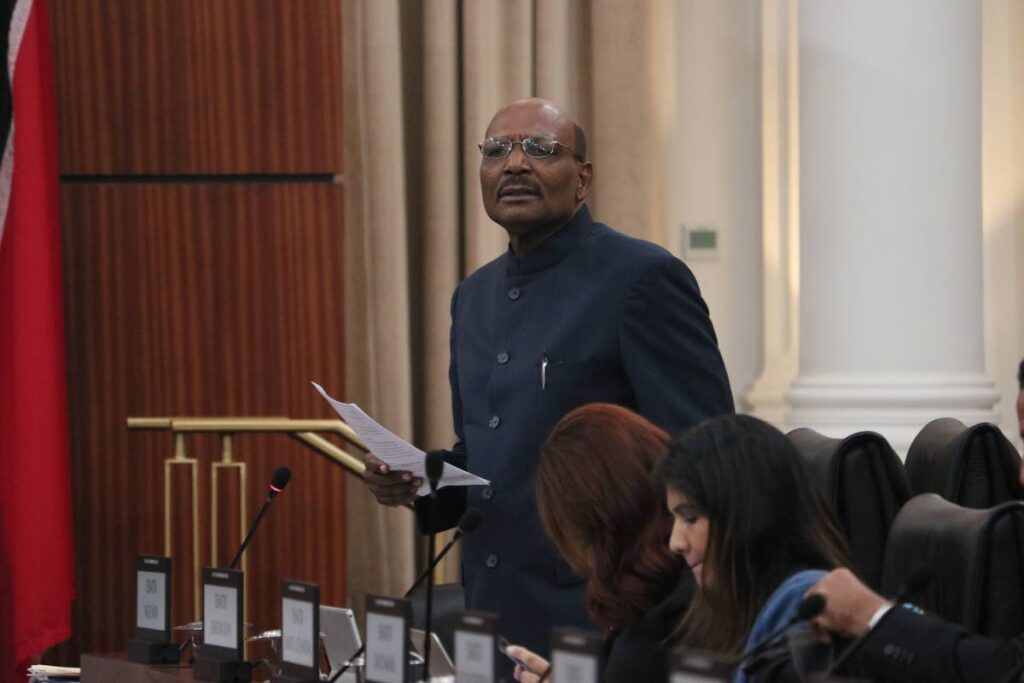Deadlocked transparency

THE STRIKINGLY narrow defeat on Tuesday of an opposition motion calling for a detailed account of the State’s Dragon gas deal with Venezuela is a sign that the Government cannot afford to ride roughshod over the interests of transparency.
Senator Wade Mark’s motion saw all nine Independent senators vote in favour of it, resulting in a 15-15 tie. Senate President Nigel de Freitas had to exercise his casting vote to maintain the status quo. Had two government senators – Rohan Sinanan and Richie Sookhai – not hurriedly returned to the chamber as the vote was being taken, the motion would have all but certainly prevailed.
The private motion called on the Government “to provide a detailed account of its approach to this project involving entities such as Shell, the National Gas Company, Venezuela and the US government.”
The refusal to have such matters ventilated on the Parliament floor is of a piece with what has become the approach to so-called “government-to-government” arrangements in this country.
For example, billion-dollar arrangements with nations like China, which have substantial budgetary implications, are routinely kept under wraps. The removal of such arrangements from the explicit terms of the new public procurement regime is simply the entrenchment of a clear preference for a lack of transparency in this regard.
But while government-to-government arrangements are held outside the ambit of procurement laws, public-private arrangements are – theoretically – not.
Notwithstanding, the approach taken is little different, with government officials frequently citing the ostensible need to keep sensitive commercial information confidential or to abide by non-disclosure terms.
The truth is, the involvement of private companies in state matters is actually a reason why more transparency is required, not less. Such partnerships are not purely private in nature, but quasi-public: they are initiated and, in some cases, executed by public officials; they have great implications for the public interest; and they often involve the use of public resources and the mobilisation of state-owned legal entities.
Because of the increasingly outsized role played by diplomatic arrangements and multinational partnerships in public life, any government that maintains an absolute wall of secrecy risks alienating the electorate and paying the ultimate price. Votes like Tuesday’s, which saw unanimous agreement against the Government, are only likely to become more frequent.
If the State truly wishes to balance its assessment of the need for confidentiality with the greater need for accountability, perhaps it should adopt a compromise. It could consider, we believe, referring such matters to Parliament’s Committee on Foreign Affairs for examination in camera.
But such a move would, of course, depend on several levels of trust.
The lack of such trust within the 12th Parliament betrays a far deeper weakness in our system of governance.

Comments
"Deadlocked transparency"